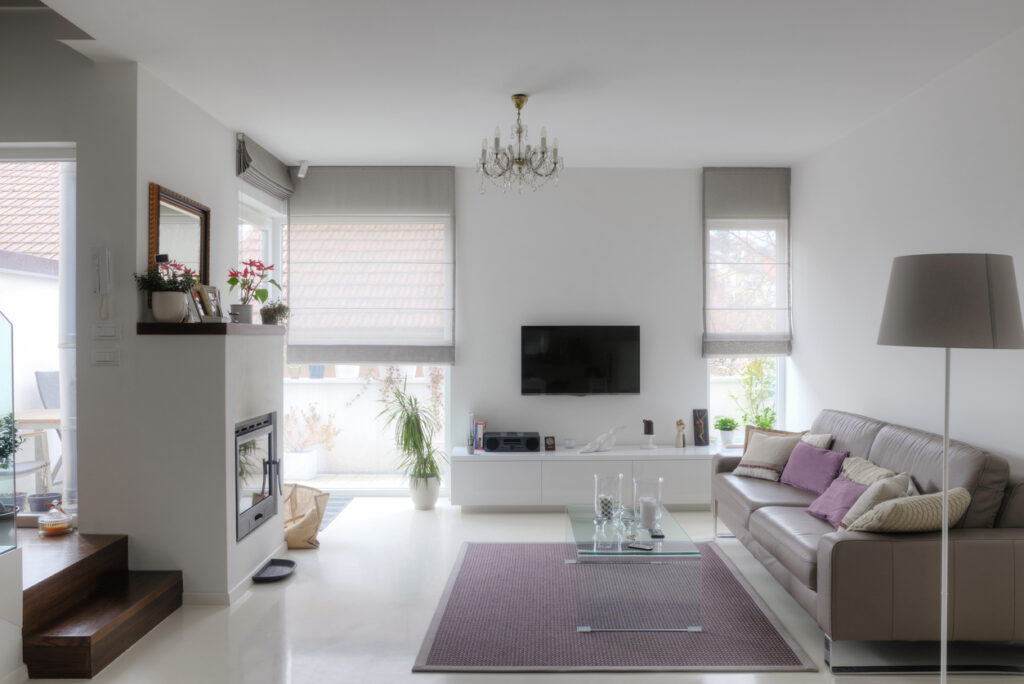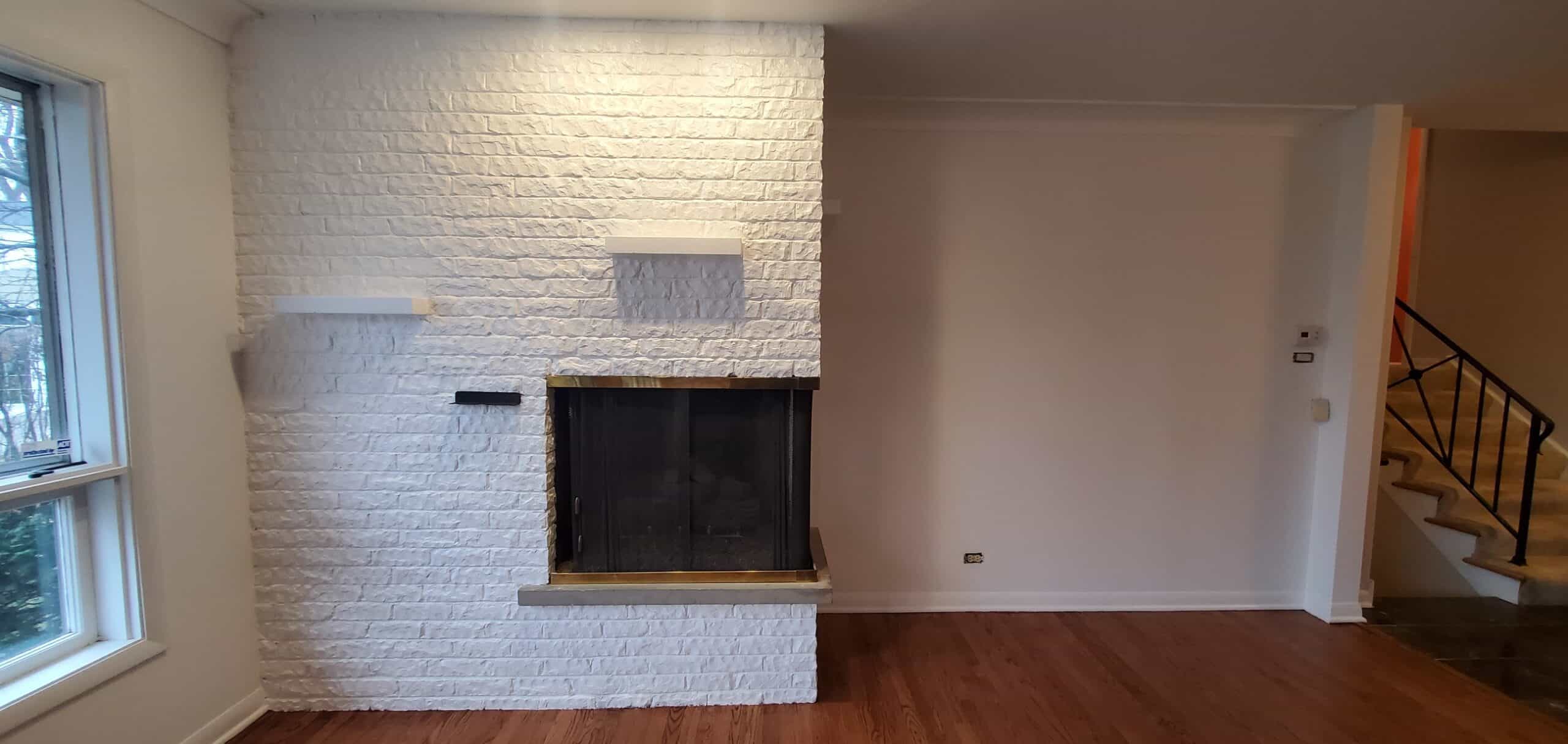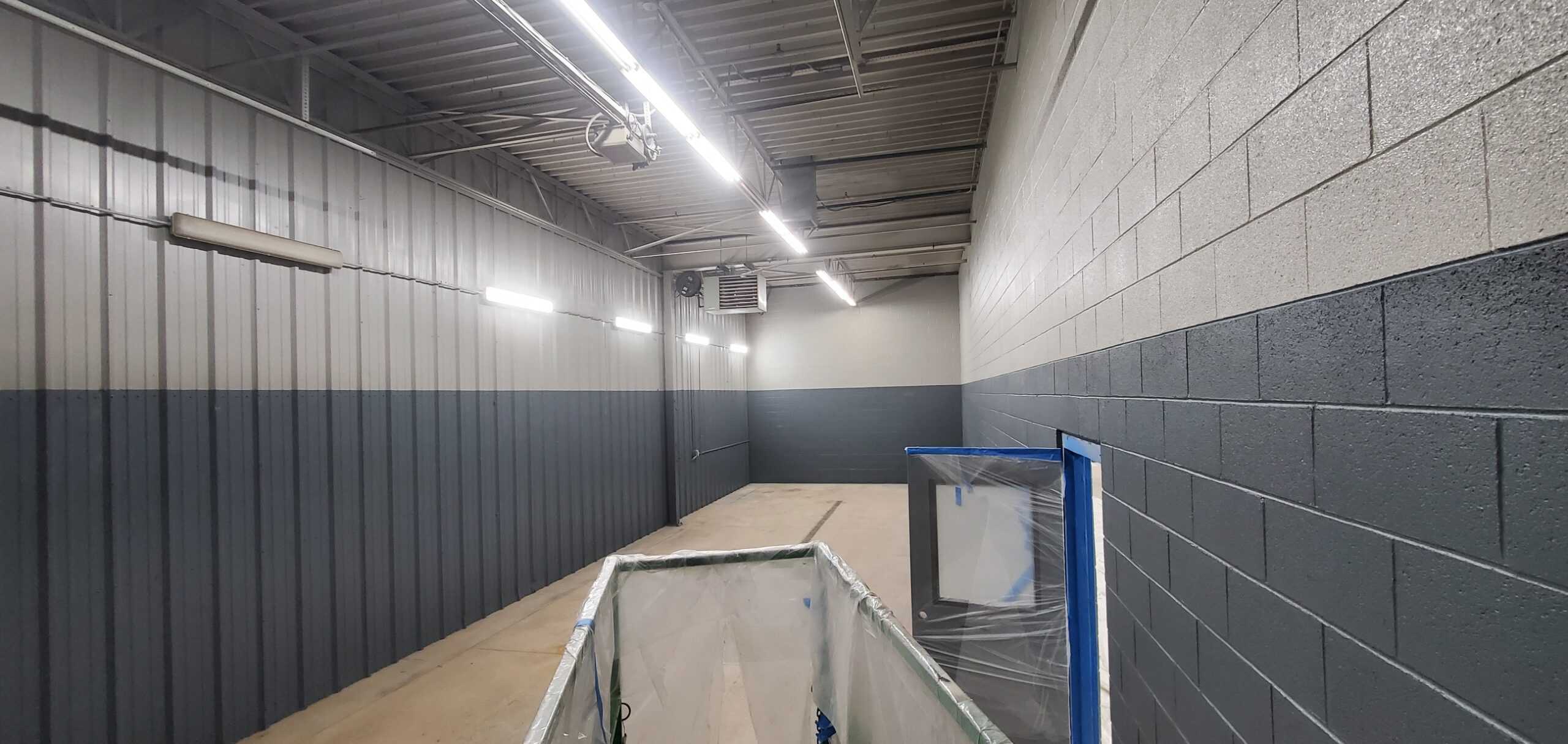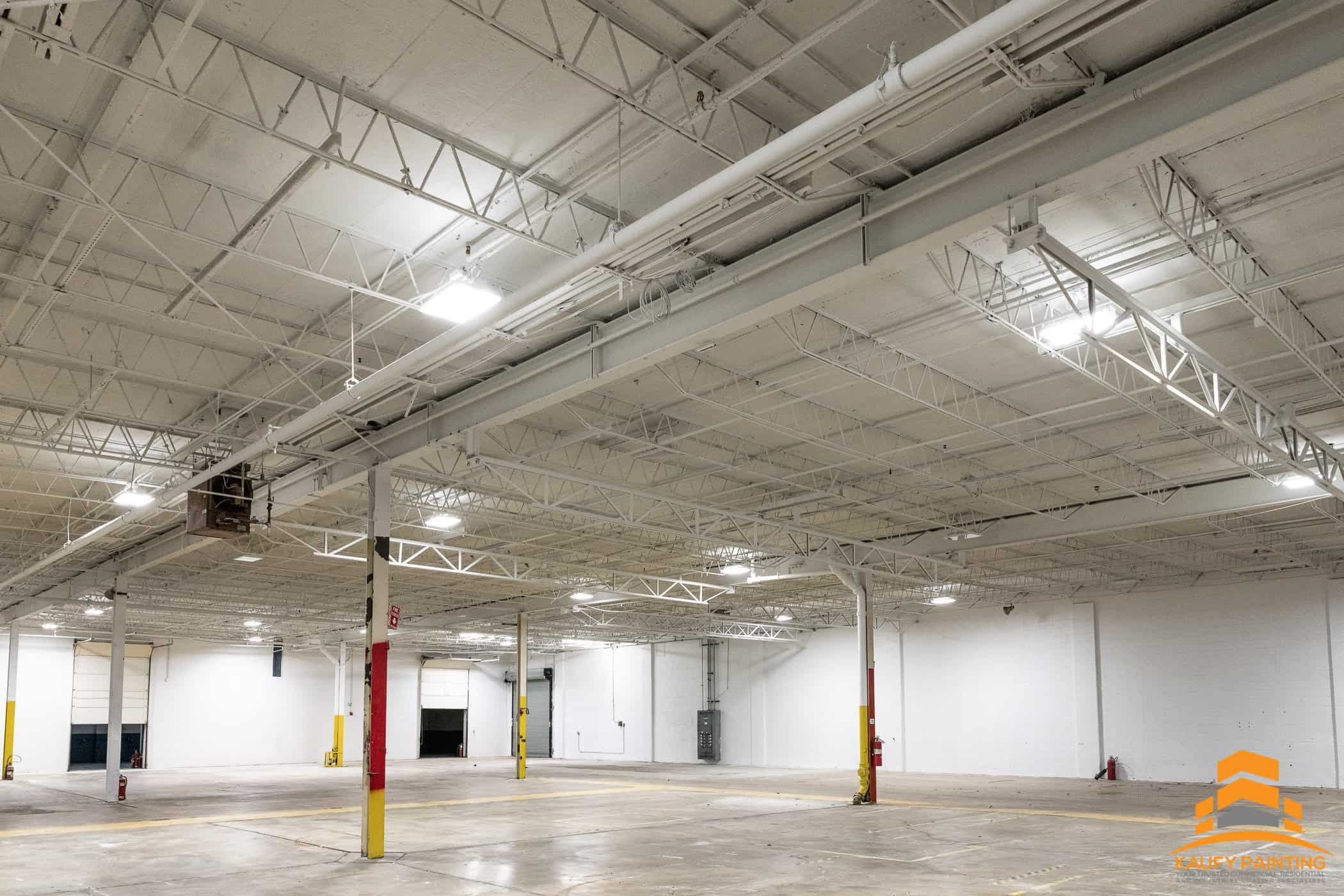When considering residential epoxy floors, one of the first questions homeowners ask is about epoxy floor costs. It’s a smart question. After all, you’re not just buying paint; you’re investing in a long-lasting, aesthetic solution for your home. But why do the prices vary so much? Let’s delve into this.
Why Epoxy Floor Costs Vary

The Factors Influencing Epoxy Floor Costs
1. Quality of Epoxy Resin
The type and quality of epoxy resin are crucial in determining the overall cost. High-quality resins ensure durability and provide a superior, long-lasting finish, crucial for floors that endure heavy use. Although these premium resins come with a higher price tag, they often offer better resistance against wear, chemicals, and stains, making them a worthwhile investment for your home.
2. Floor Size and Layout
The cost of epoxy flooring is directly influenced by the size and layout of the area. Larger spaces naturally require more materials and labor, increasing the overall expense. Additionally, complex layouts, such as those with numerous corners, stairs, or multiple rooms, demand more precision and time, further contributing to the cost.
3. Condition of the Existing Floor
The existing floor’s condition significantly impacts the preparation work needed, influencing the cost. Floors that require extensive repairs or smoothing require additional labor and materials. For example, cracks need filling, and uneven surfaces must be leveled. This preparation ensures a flawless finish but can lead to higher epoxy floor costs due to the extra work involved.
4. Design and Aesthetics
The aesthetic aspect of epoxy flooring, encompassing custom designs, colors, and patterns, can greatly affect the price. Opting for a unique, custom design not only enhances the beauty and individuality of your space but also requires more skill and time to execute. Such personalized touches, while elevating the aesthetic appeal of your floor, will impact the overall cost due to the intricacy and labor involved in creating these bespoke designs.
Cost Breakdown: What You’re Paying For
1. Materials
The materials for epoxy flooring, such as the epoxy resin, hardeners, and any decorative elements like color flakes or metallic pigments, are pivotal in determining the project’s cost. While high-grade materials are more expensive, they offer enhanced durability and longevity. The choice of materials influences not just the appearance but also the lifespan and performance of your floor, making it a crucial factor in your investment.
2. Labor
The cost of labor is a significant component in epoxy flooring expenses. This includes the skill level and expertise of the professionals handling your project. Experienced technicians ensure a flawless application, but their expertise comes at a premium. The time spent on your project, from initial preparation to the final application, also plays a critical role in the overall cost, reflecting the meticulous attention to detail required for a superior finish.
3. Preparation and Cleanup
Preparation and cleanup are essential stages in the epoxy flooring process, and their intensity can vary greatly. Labor-intensive surface preparation, necessary for floors with existing damage or unevenness, can add to the cost. Similarly, thorough post-job cleanup is crucial for a neat finish but requires additional time and resources. These stages, while often overlooked, are integral to achieving the desired result and maintaining a clean, safe work environment.
4. Warranty and Aftercare
Services that offer extended warranties or comprehensive aftercare support often have higher upfront epoxy floor costs. However, these add-ons provide significant value by ensuring long-term protection and maintenance of your investment. Longer warranties offer peace of mind, guaranteeing that any potential issues will be addressed without additional expense. Aftercare services, such as maintenance advice or follow-up checks, add to the longevity and appearance of your epoxy floor, making them a wise consideration for the future.
Long-Term Value vs Initial Cost
Investing in a high-quality epoxy floor can be a smart financial decision in the long run. While the initial cost might be higher compared to cheaper alternatives, the long-term benefits outweigh this initial expense. High-quality epoxy flooring is durable, requires less maintenance, and resists wear and tear, which means fewer repairs and replacements in the future.
Cheaper options may seem appealing initially, but they often result in higher maintenance costs and more frequent replacements, leading to more expenses over time.
Making the Right Choice for Your Home
Understanding the various factors that affect epoxy floor costs is crucial in making an informed decision for your home. While it may be tempting to go for the least expensive option, it’s important to consider the overall value. The cheapest option might not offer the best quality, durability, or aesthetic appeal. Evaluate the balance between the initial investment and the benefits of a durable, long-lasting, and visually appealing floor. This consideration ensures that you choose a floor that not only looks great but also offers value for years to come.
Conclusion: A Worthy Investment
Epoxy floors, while varying in cost, offer a long-lasting, beautiful finish for your home. By understanding what goes into the pricing, you can choose a floor that fits both your style and budget.
When considering a top-notch epoxy floor installation, remember that expert guidance makes a world of difference. J&B Painting stands out as a wise choice. Our team of professionals not only ensures a quality finish but also provides personalized solutions tailored to your unique needs.
If you’re looking for an epoxy floor that combines durability, aesthetics, and value, reaching out to us could be your next best step. Contact us today at (248) 599-0996 for a free estimate and experience our commitment to customer satisfaction firsthand.



